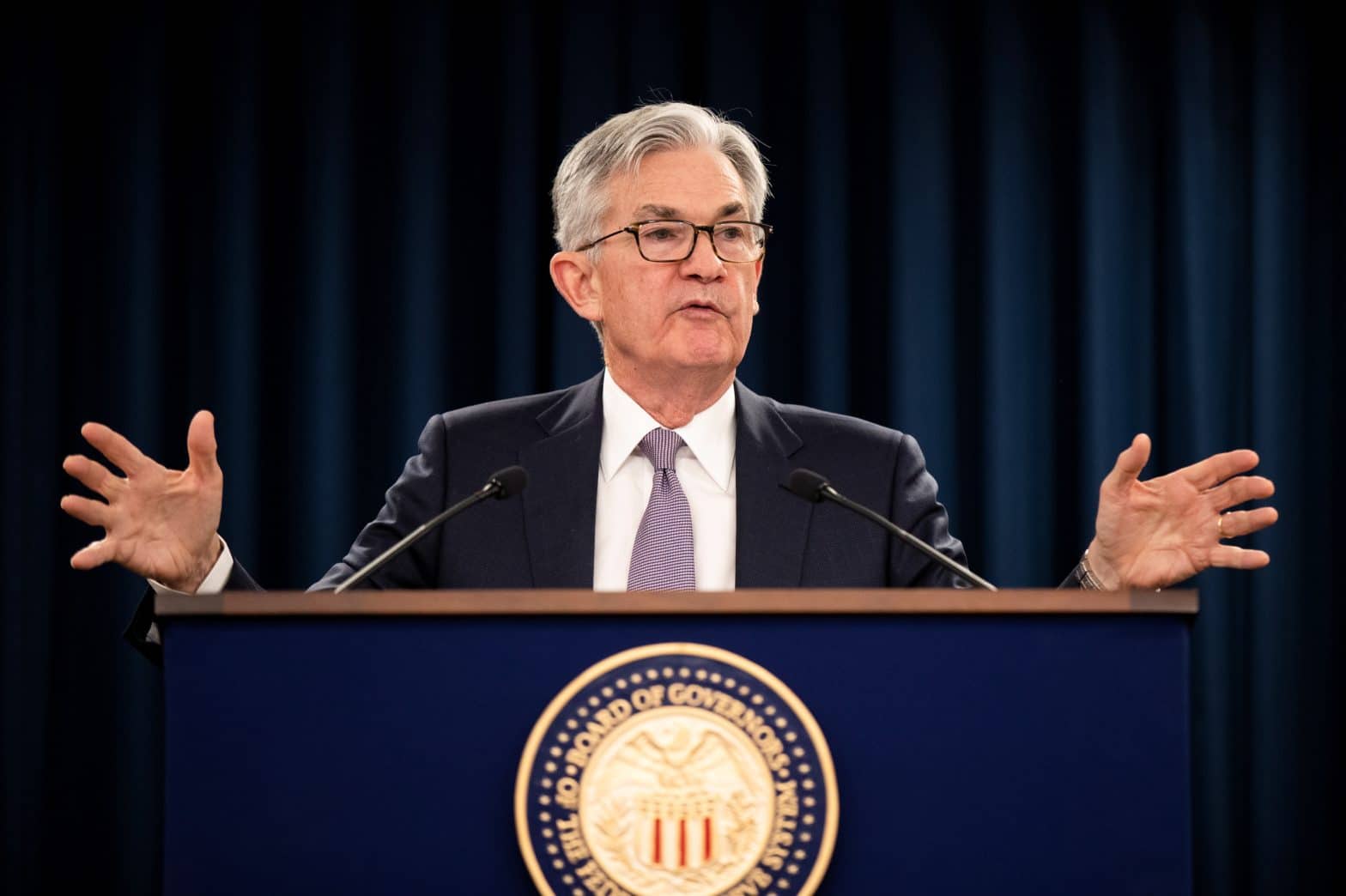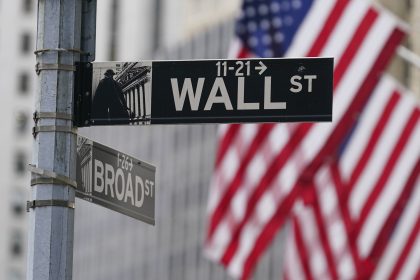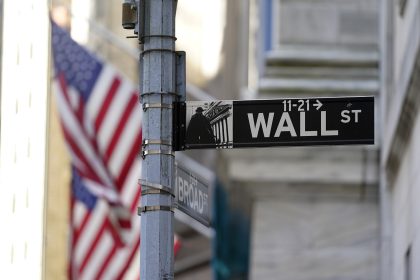Fed Chair Tells House Panel Coronavirus Risk to US Economy Still Unknown

WASHINGTON – Federal Reserve Chairman Jerome Powell told a House panel on Tuesday that while the U.S. economy continues to show steady growth, the broadening coronavirus outbreak “could lead to disruptions in China that spill over to the rest of the global economy.”
Powell offered his assessment during what’s become a semi-annual appearance before the House Financial Services Committee to discuss “Monetary Policy and the State of the Economy.”
On Wednesday, he will testify to the Senate Banking Committee.
Responding to questions from lawmakers gathered in the Rayburn House Office Building, Powell tried to be reassuring about the economy, describing it as being in “a very good place,” but he also admitted it’s still too early to know how big a threat the virus will be to the U.S. economy going forward.
“We will be watching that carefully. And the question we will be asking is will these be persistent effects that could lead to a material reassessment of the outlook,’’ Powell said.
China remained mostly closed to business Tuesday with around 60 million people under virtual quarantine in the country, raising concerns about what the loss of production in China, the world’s second largest economy, will do to global supply chains.
China accounts for more than 80% of smartphone and notebook production globally and more than half of global TV and server production, according to a recent report by the Associated Press.
The daily death toll in China topped 100 for the first time, pushing the number of deaths in China from the virus above 1,000.
In other news from the session, Powell said the Fed is comfortable with the current interest rates, suggesting no further rate cuts are anticipated in the foreseeable future.
The Fed, Powell said, “believes that the current stance of monetary policy will support continued economic growth, a strong labor market and inflation returning to the committee’s 2% symmetric objective.”
That could change, however, should U.S. economic conditions slacken.
The Fed cut interest rates three times last year after having raised rates four times in 2018.
Powell said the rate cuts were made to “cushion the economy from weaker global growth and trade developments and to promote a faster return of inflation” to the Fed’s 2% target.
But since the last quarter-point rate cut in October, which reduced the Fed’s key policy rate to a range of 1.5% to 1.75%, the Fed has kept policy on hold. Powell’s remarks Tuesday indicated there has been no change in that stance.























